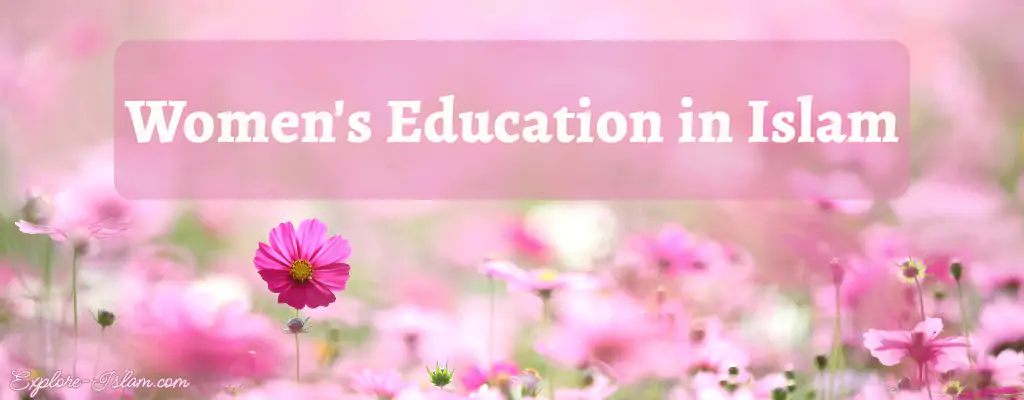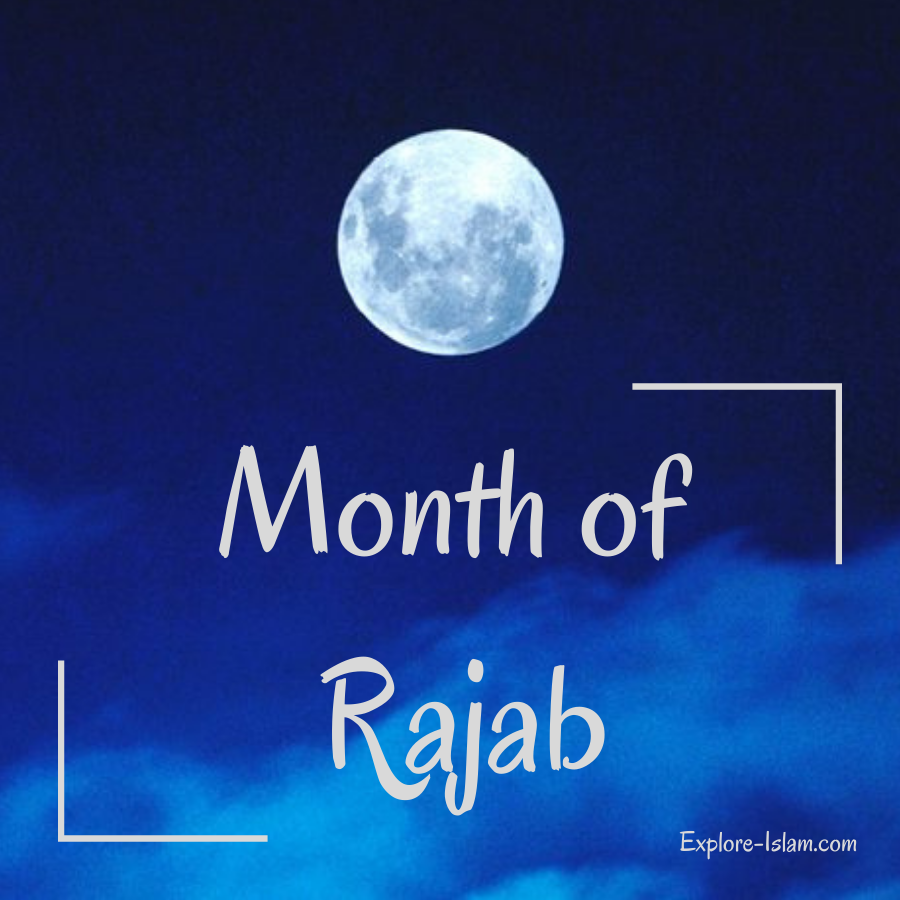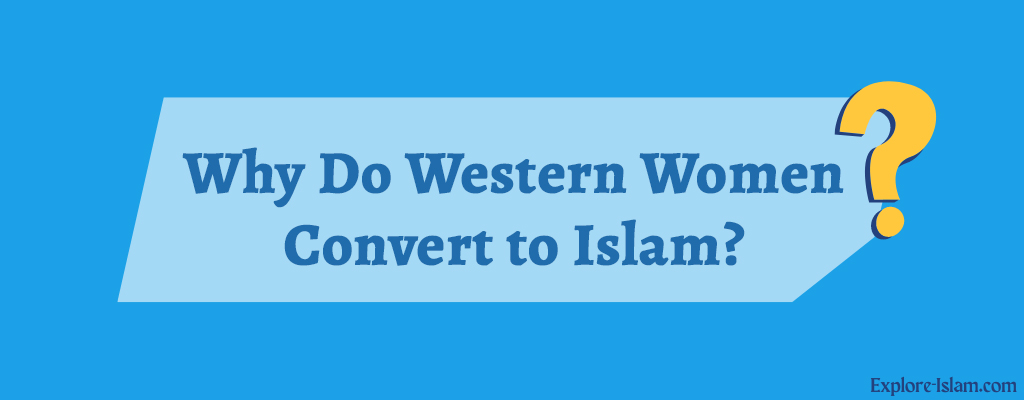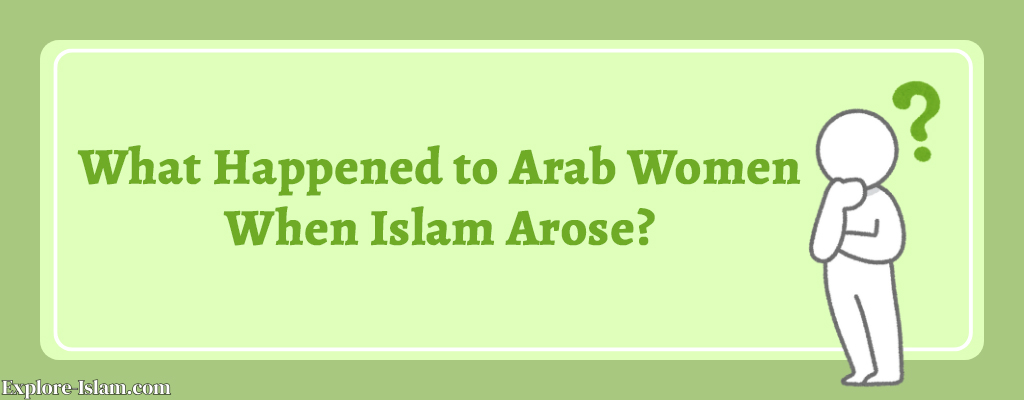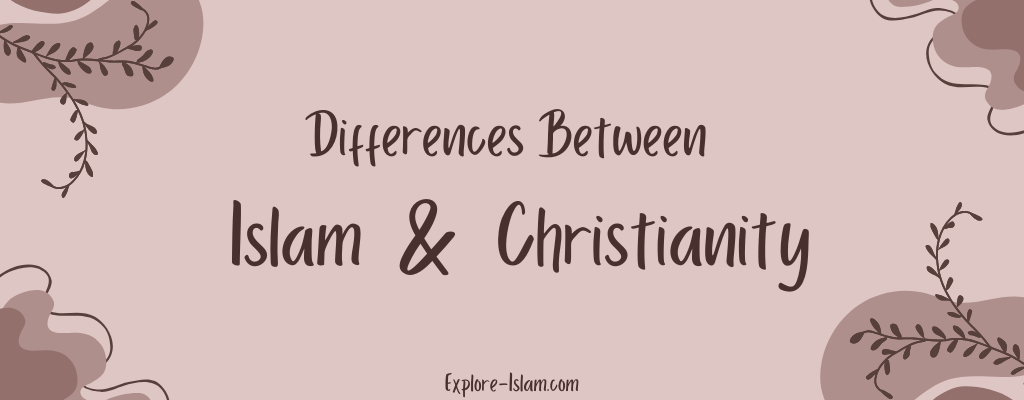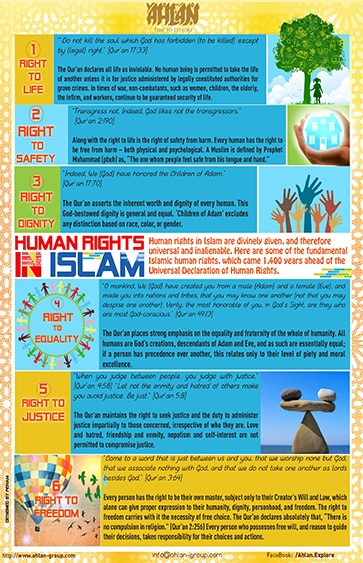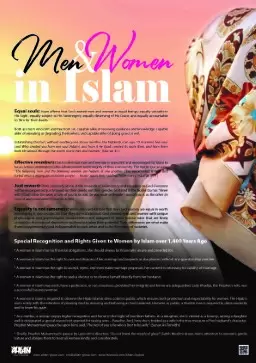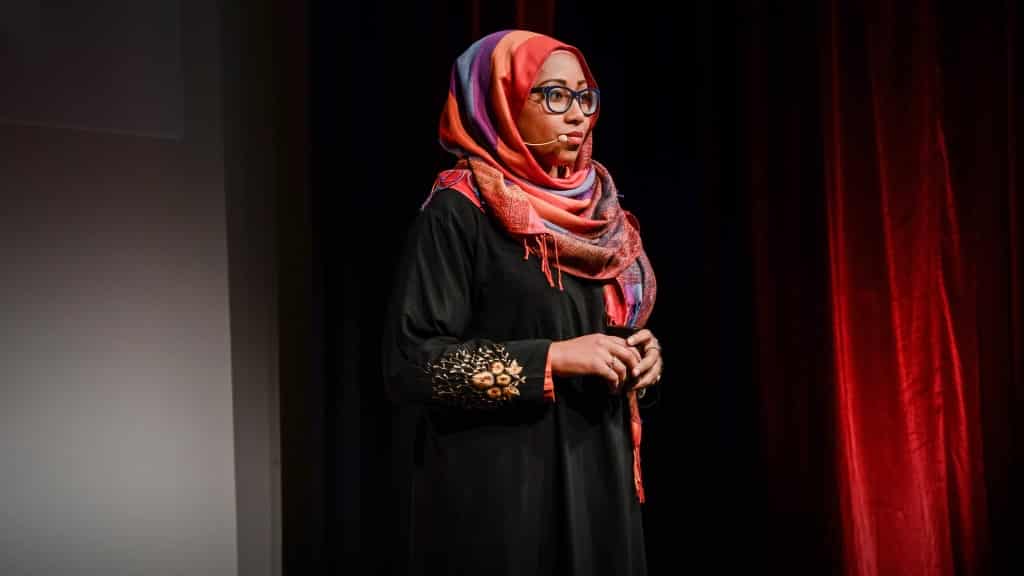The common idea that Islam is against women’s education is just plain wrong. This misunderstanding, sometimes spread on purpose or because of ignorance, especially in Western societies, suggests that Islam wants women to stay uneducated or, at best, only marginally involved in intellectual pursuits.
In fact, Islam is the strongest advocate for education among all religions and ideologies. Islam doesn’t simply encourage learning, Islam mandates learning for all, men and women. Seeking knowledge is a sacred duty in Islam.
Does the Quran Discourage Women from Learning?
Absolutely not! The Quran does NOT discourage women from learning; instead, it encourages them to do so.
To understand Quran’s perspective on education, we need to go back to the very beginning, the moment the divine revelation descended upon Prophet Muhammad (peace be upon him).
What were the first words whispered by the Angel Gabriel?
They weren’t about rituals or prohibitions, but a powerful command: “Read!” The initial verses that were revealed, marking the start of Surah Al-Alaq, reflect this focus on knowledge.
“(96:1) Read! In the Name of your Lord, Who has created (all that exists).
(96:2) Has created man from a clot.
(96:3) Read! And your Lord is the Most Generous,
(96:4) Who has taught (the writing) by the pen.
(96:5) Has taught man that which he knew not.”
NOTE: A basic principle of Sharia states that when a commandment is revealed, even if the masculine form of a word is used, the female gender is also included. This is important to remember when reading the Quran and hadiths, as many verses may appear to be addressed to men, but they apply equally to women.
So, this initial command to “read” was not exclusively for men, but rather signified that both men and women have an equal right and responsibility to seek knowledge.
Moreover, several verses in the Quran explicitly encourage the pursuit of knowledge for both men and women. For instance, Surah Al-Zumar (39:9) states,
“Are those who know equal to those who do not know?”
Similarly, Surah Taha (20:114) encourages believers (men and women) to pray for increased knowledge:
“My Lord, increase me in knowledge.”
Also, in Surah Al-Mujadila (58:11) we read that:
“Allah will raise those who have believed among you and those who were given knowledge, by degrees.”
Nowhere does the Quran restrict education to men.
These Quran verses show that the idea of one gender being smarter than the other is wrong, and that education is something everyone should be responsible for.
Prophet Muhammad’s Support for Women’s Education
The Prophet Muhammad (peace and blessings be upon him) actively promoted women’s education and intellectual growth. His teachings are filled with instances where he supported and encouraged women’s pursuit of knowledge.
One famous hadith states,
“Seeking knowledge is a duty upon every Muslim [male and female].” (Sunan Ibn Majah, 224).
The word “Muslim” here is inclusive, referring to both men and women. This hadith makes it clear that education is not merely a privilege, but an obligation for all Muslims.
Prophet Muhammad Dedicated Sessions for Women’s Education
The Prophet Muhammad (PBUH) did not just preach the importance of education for women; he actively ensured that women had access to knowledge.
Recognizing the unique educational needs of women, Prophet Muhammad dedicated specific days for their instruction, in addition to the general gatherings they attended with men.
There is a beautiful hadith narrated by Abu Sa’id al-Khudri (may Allah be pleased with him) in both Sahih Bukhari and Sahih Muslim:
“A woman came to the Messenger of Allah (peace and blessings be upon him) and said, ‘O Messenger of Allah, the men have taken all your time. Appoint a day for us when we can come to you, and you can teach us from what Allah has taught you.’ He said, ‘Gather on such-and-such a day.’ So they gathered, and the Prophet (peace and blessings be upon him) came to them and taught them from what Allah had taught him.”
The Prophet actively fostered an environment for women to learn and develop.
Also, Prophet Muhammad (PBUH) encouraged women to attend both large and small public gatherings where they could be educated. They were encouraged to attend congregational prayers, witness the Friday sermon, participate in Eid prayers. Even if they were in a state preventing them from performing prayers, they were still urged to be present and absorb the knowledge shared.
The Messenger of Allah said
“Do not prevent the maid-servants of Allah from going to the mosque.”
A Legacy of Education for Women in Early Muslim Community
The women in the early Muslim community were not afraid to ask questions, even about sensitive topics. They were passionate about learning and understanding their faith, and actively sought knowledge.
Aisha (may Allah be pleased with her), the Prophet’s wife, praised the women of Ansar for their uninhibited pursuit of knowledge, saying:
“How good are the women of Ansar (helpers) that their shyness does not prevent them from learning religion.”
Aisha herself, in particular, played a monumental role in preserving and transmitting Islamic knowledge. Muslims turned to her for clarification on religious matters, legal rulings, and ethical dilemmas. She was renowned for her expertise in hadith (the Prophet’s sayings and traditions), Islamic jurisprudence and even poetry.
Her sister, Asma bint Abi Bakr (may God be pleased with her), was also esteemed for her knowledge, particularly in the field of hadith.
Islam established an educational standard for women that was excellent, equal, and empowering. This is vastly different from the distorted image spread by those who misrepresent Islam. Considering these facts, can any fair-minded person still believe the false claims that Islam suppresses women’s education?
The Importance of Female Education in Islam and its Advantages
The Islamic faith places a high value on education for females for several important reasons. Firstly, women are the primary educators of the next generation. A well-educated mother is better equipped to nurture and guide her children, instilling in them a love for learning and a strong moral compass. This has a profound impact on the entire community.
Secondly, women are also super important outside the house; they do all kinds of things in society. They contribute as doctors, teachers, scientists, businesswomen, and in countless other professions. When Muslim women get the chance to learn and grow, they can really help their Muslim communities move forward. And the Islamic history full of Muslim women who excelled in various fields, including medicine, law, and the arts, like:
- Um Ayman: Known for her expertise in nursing.
- Um Sinan Al-Aslamiyyah and Um Atiyyah Al-Ansariyyah: Both recognized for their contributions to the medical field.
- Khutma and Nusaibah bint Ka’b Al-Maziniyyah: Also notable figures in nursing and healing.
- Rufaidah Al-Aslamiyyah: Another prominent figure in the field of medicine.
- Al-Shifa: Appointed by Caliph Umar ibn Al-Khattab (may Allah be pleased with him) as the judge of Al-Hisbah (market inspector) in Medina.
- The daughter of Shihab al-Din ibn al-Da’i: who is also known for her skill in medicine.
- The mother of the Abbasid Caliph Al-Muqtadir: Who headed the Court of Appeals in Baghdad, demonstrating women’s involvement in legal and judicial matters.
Thirdly, knowledge is a form of worship in Islam. By seeking knowledge, women deepen their understanding of their faith, strengthen their connection with Allah, and become better equipped to live fulfilling lives according to Islamic principles.
That Brings us to the conclusion that..
Women’s education in Islam is not just permitted; it is a divine right, a religious obligation, and a societal necessity. Any cultural practice or societal norm that contradicts this fundamental Islamic principle should be challenged and rectified.
If you truly seek to understand the status and rights of women in Islam, turn to the authentic sources of Islamic knowledge. Do not rely on distorted narratives or biased accounts that often misrepresent the faith.
Fairness demands that we seek knowledge from its true origins and engage with the subject with an open mind and a sincere desire for understanding.
Check out our blog!

